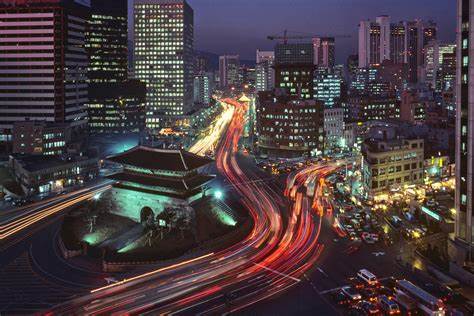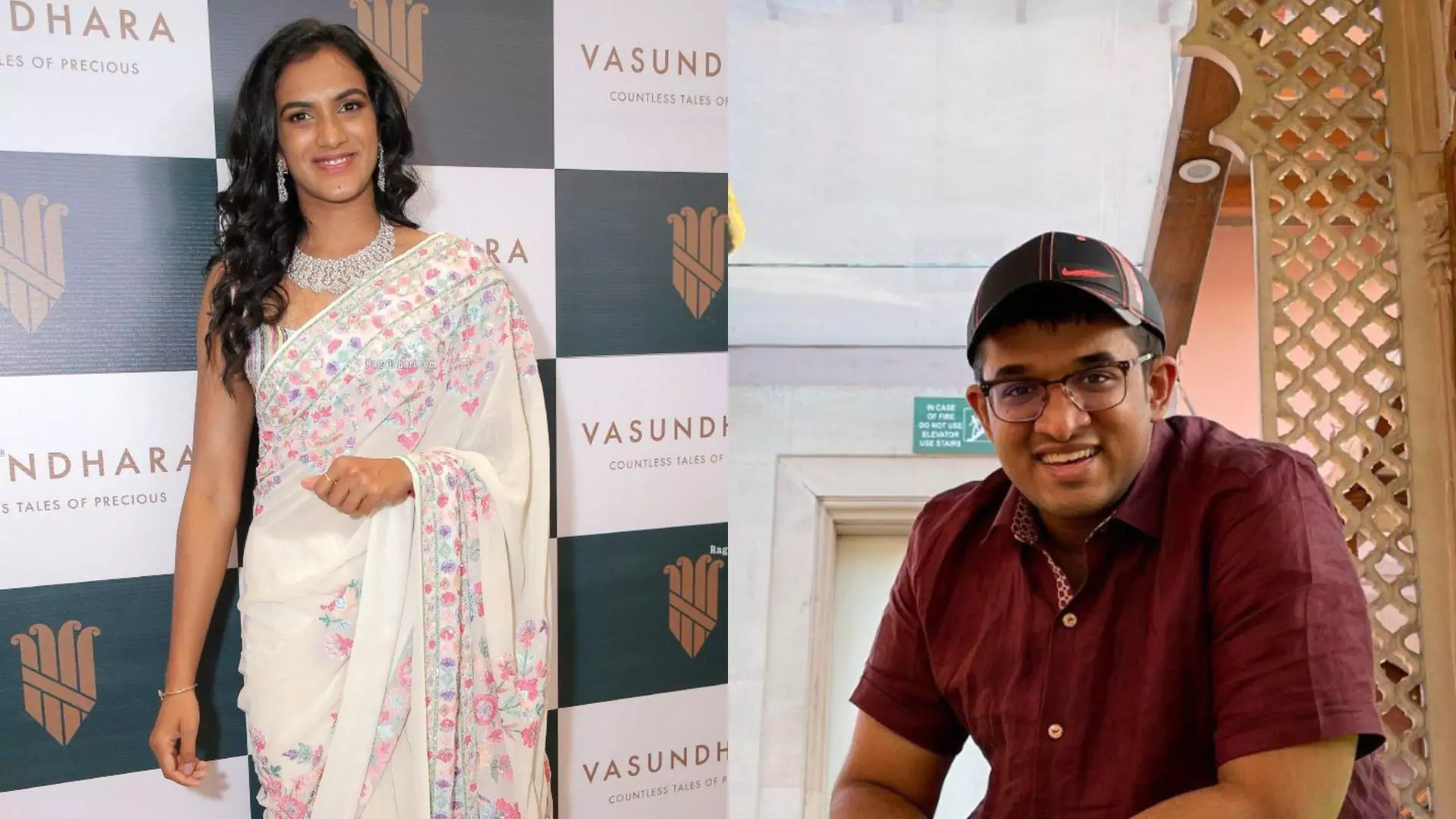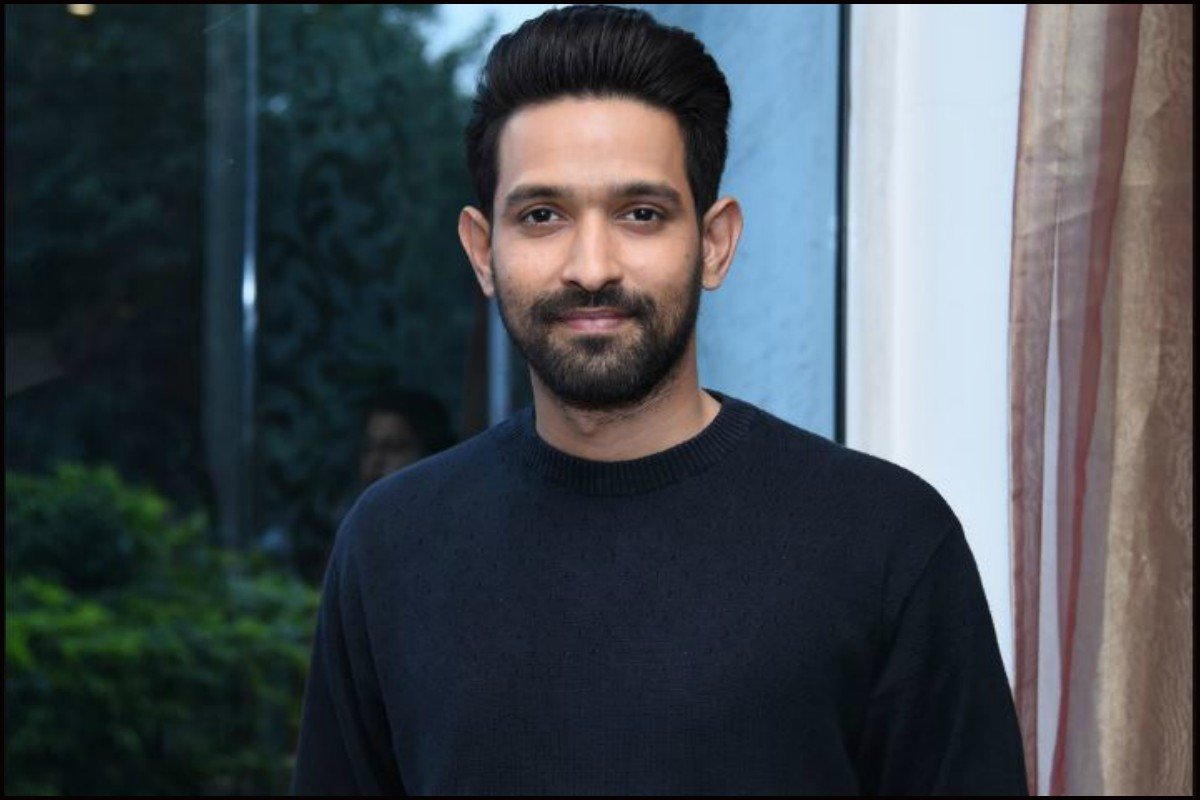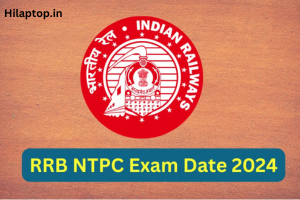Seoul: Iconic Foods, Cultural Treasures, and Modern Wonders
Seoul, the vibrant capital of South Korea, is a city that seamlessly blends ancient traditions with futuristic innovations. From its rich cultural heritage to its mouthwatering cuisine and dazzling urban landscape, Seoul has something for everyone. Whether you’re a history buff, a foodie, or a technology enthusiast, this bustling metropolis promises an unforgettable experience.
Historical and Cultural Significance
Seoul is home to centuries-old palaces, temples, and historical landmarks. Some must-visit locations include:
- Gyeongbokgung Palace: The grandest of Seoul’s five palaces, showcasing traditional Korean architecture and history.
- Bukchon Hanok Village: A charming area where you can walk through narrow alleys and admire well-preserved traditional Korean houses.
- Jogyesa Temple: A spiritual haven in the heart of the city, representing Zen Buddhism.
Modern Marvels and Urban Landscape
Seoul is a leader in technology and innovation. The cityscape is adorned with skyscrapers, state-of-the-art facilities, and vibrant nightlife. Key attractions include:
- N Seoul Tower: An iconic observation tower offering breathtaking views of the city.
- Dongdaemun Design Plaza (DDP): A hub for design, fashion, and art lovers.
- Gangnam District: Famous for its luxury boutiques, entertainment hubs, and K-pop culture.
Shopping and Entertainment in seoul
Seoul is a paradise for shopaholics and entertainment seekers. You can explore:
- Myeongdong: Known for its cosmetics and fashion stores.
- Hongdae: A youth-centric area filled with indie shops, cafes, and live performances.
- Insadong: Ideal for purchasing traditional crafts and souvenirs.
Nature Amidst Urban Life
Despite being a megacity, Seoul offers plenty of green spaces for relaxation:
- Namsan Park: A popular spot for hiking and enjoying nature.
- Hangang Park: Perfect for picnics and cycling along the Han River.
- Bukhansan National Park: A haven for trekkers and nature enthusiasts.
Seoul’s Global Influence
Seoul is not just a city; it’s a global phenomenon. As the birthplace of K-pop and Korean dramas, its cultural exports have taken the world by storm. The city also hosts international events, including fashion weeks and global summits.
Why is Seoul famous for?
Seoul is famous for its unique blend of ancient traditions and modern innovations. The city is a global hotspot for culture, technology, and tourism, attracting millions of visitors every year. Here’s a breakdown of what makes Seoul stand out:
1. Cultural Heritage
- Historical Palaces: Landmarks like Gyeongbokgung, Changdeokgung, and Deoksugung showcase Seoul’s royal history and traditional Korean architecture.
- Bukchon Hanok Village: A preserved neighborhood of traditional Korean houses (hanoks) offering a glimpse into Korea’s past.
- Jogyesa Temple: A center of Zen Buddhism in Seoul.
2. K-Pop and Korean Wave (Hallyu)
Seoul is the epicenter of the K-pop industry, home to entertainment giants like SM, YG, and JYP. The city also plays a significant role in promoting Korean dramas, films, and fashion globally.
3. Technological Innovations
Known as one of the most technologically advanced cities, Seoul offers:
- Smart City Infrastructure: High-speed internet, advanced public transportation, and smart city services.
- Innovation Hubs: Areas like Gangnam are home to leading tech companies and startups.
4. Culinary Experiences
Seoul is a foodie’s paradise, renowned for its diverse and flavorful cuisine:
- Korean BBQ: A social dining experience loved worldwide.
- Street Food: From tteokbokki (spicy rice cakes) to hotteok (sweet pancakes), its street food markets like Gwangjang and Myeongdong are must-visit spots.
- Kimchi: A symbol of Korean food culture, served with almost every meal.
5. Fashion and Shopping
- Myeongdong: Known for cosmetics and fashion brands.
- Dongdaemun Market: A hub for wholesale and retail shopping.
- Hongdae and Gangnam: Popular districts for trendy and luxury shopping.
6. Scenic Beauty
Despite its urban nature, Seoul is rich in natural beauty:
- Namsan Seoul Tower: A romantic spot with panoramic city views.
- Hangang River Parks: Perfect for cycling, picnics, and water activities.
- Bukhansan National Park: Ideal for hiking and escaping the city bustle.
7. Global Events and Entertainment
- Seoul Fashion Week: A prominent event in the global fashion calendar.
- Lotte World and Everland: World-class amusement parks.
- Traditional Festivals: Events like the Seoul Lantern Festival and Chuseok celebrations highlight Korean traditions.
8. Blend of Tradition and Modernity
From centuries-old palaces to futuristic skyscrapers like the Lotte World Tower, Seoul’s ability to harmonize the old and the new is a hallmark of its charm.
Can I speak English in Seoul?
Yes, you can speak English in Seoul, but your experience might vary depending on where you go. Here’s what you need to know about using English in the city:
1. Tourist Areas and Popular Destinations
- In major tourist areas like Myeongdong, Hongdae, Gangnam, and Insadong, many people in shops, restaurants, and attractions understand and speak basic English.
- Tourist information centers, hotels, and major attractions often have English-speaking staff.
2. Public Transportation
- Seoul’s public transportation system is English-friendly. Signs, announcements, and maps in subways and buses are available in English, making it easy for non-Korean speakers to navigate.
- Taxi drivers may not speak fluent English, but translation apps or showing the destination in Korean can help. Some taxis are labeled “International Taxis,” and these drivers are more likely to speak English.
3. Younger Generation
- Many young people in Seoul have learned English in school and may have a conversational level of proficiency. They are often willing to help if you ask for directions or assistance.
4. Restaurants and Menus
- Restaurants in tourist-heavy areas often have English menus or menu items with pictures to help you order. However, smaller local eateries may only have menus in Korean.
5. Language Support Apps
- Apps like Google Translate, Papago, or translation features in mapping tools are very useful in Seoul.
- Many Koreans are familiar with these apps and may use them to communicate with you.
Plan Your Visit
The best time to visit Seoul is during spring (March to May) or autumn (September to November) when the weather is pleasant, and the city is adorned with cherry blossoms or fall foliage.
Whether you’re a history buff, a foodie, a nature lover, or a tech enthusiast, Seoul promises an unforgettable experience. Embrace the charm of this vibrant city, where tradition meets modernity in perfect harmony.
check this out click me










